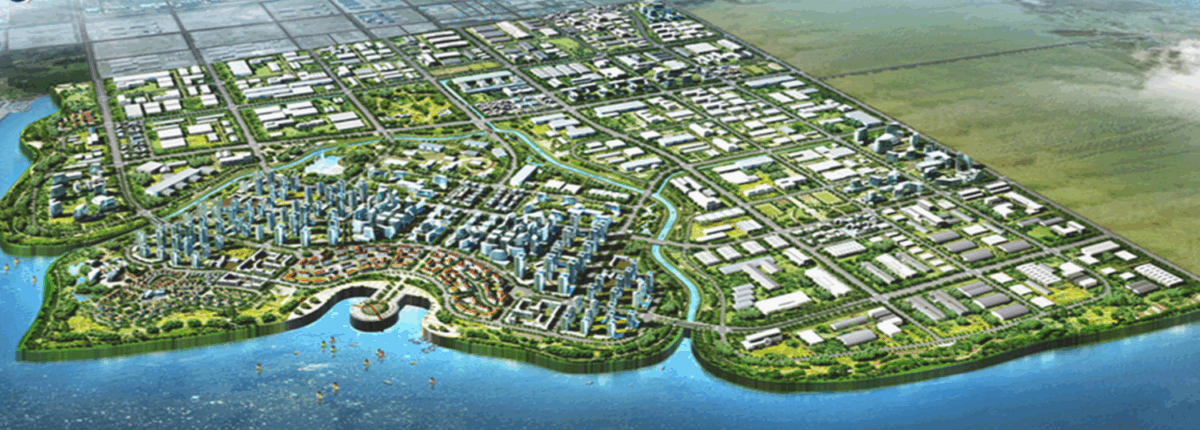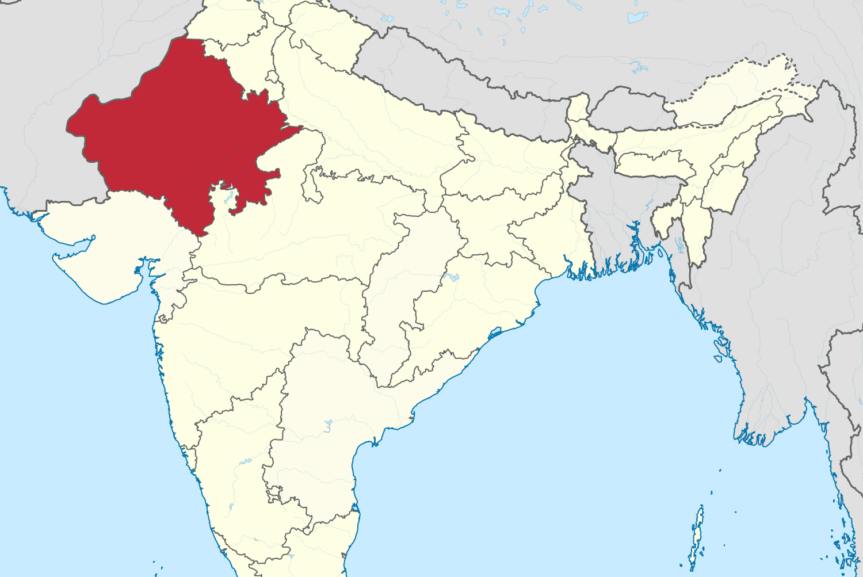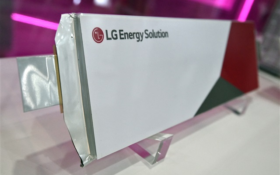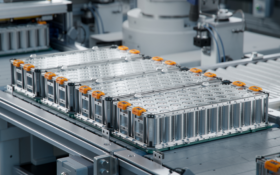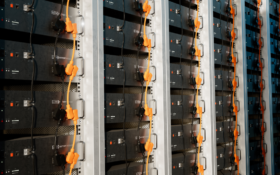Chinese battery materials companies are ramping up production in South Korea, often through joint ventures (JVs) with local companies. The moves are an effort to get around the US Inflation Reduction Act (IRA), which stops electric vehicle (EV) batteries sourced from foreign entities of concern getting tax credits.
The Korea Economic Daily reported a battery industry insider saying: “Made-in-Korea products meet the IRA requirements on EV battery critical minerals and will be eligible for tariff cuts when shipped to Europe and the US.”
There are several instances of Chinese companies proposing multi-billion dollar joint ventures, the report added. They include:
- Shanghai-listed cathode materials producer Ningbo Ronbay New Energy Technology got go-ahead from the South Korean government to build a precursor manufacturing plant with an annual capacity of 80,000 tons
- GME Resources agreed to build a 50,000-ton precursor plant in Saemangeum in partnership with SK On and Korean battery materials supplier EcoPro Co
- Zhejiang Huayou Cobalt Co launched a ₩1.2 trillion ($769 million) JV with LG Chem to make precursors. A month before, it entered a preliminary agreement with POSCO Future M to build a high-purity nickel material and precursor plant. It has also launched a battery recycling venture with POSCO Holdings
- CNGR Advanced Material signed an agreement in June with steel giant POSCO Group to produce precursors and refine nickel.
The report said the JVs are yet to finalise ownership ratios, as they await IRA guidelines about what constitutes a foreign entity of concern.
South Korean industry minister Lee Chang-yang called on the US last week to draw up detailed IRA incentive guidance. This should include foreign entities of concern and rules that exclude battery manufacturers from China and other nations of concern.
Image: Saemangeum National Industrial Complex. Saemangeum Development and Investment Agency

